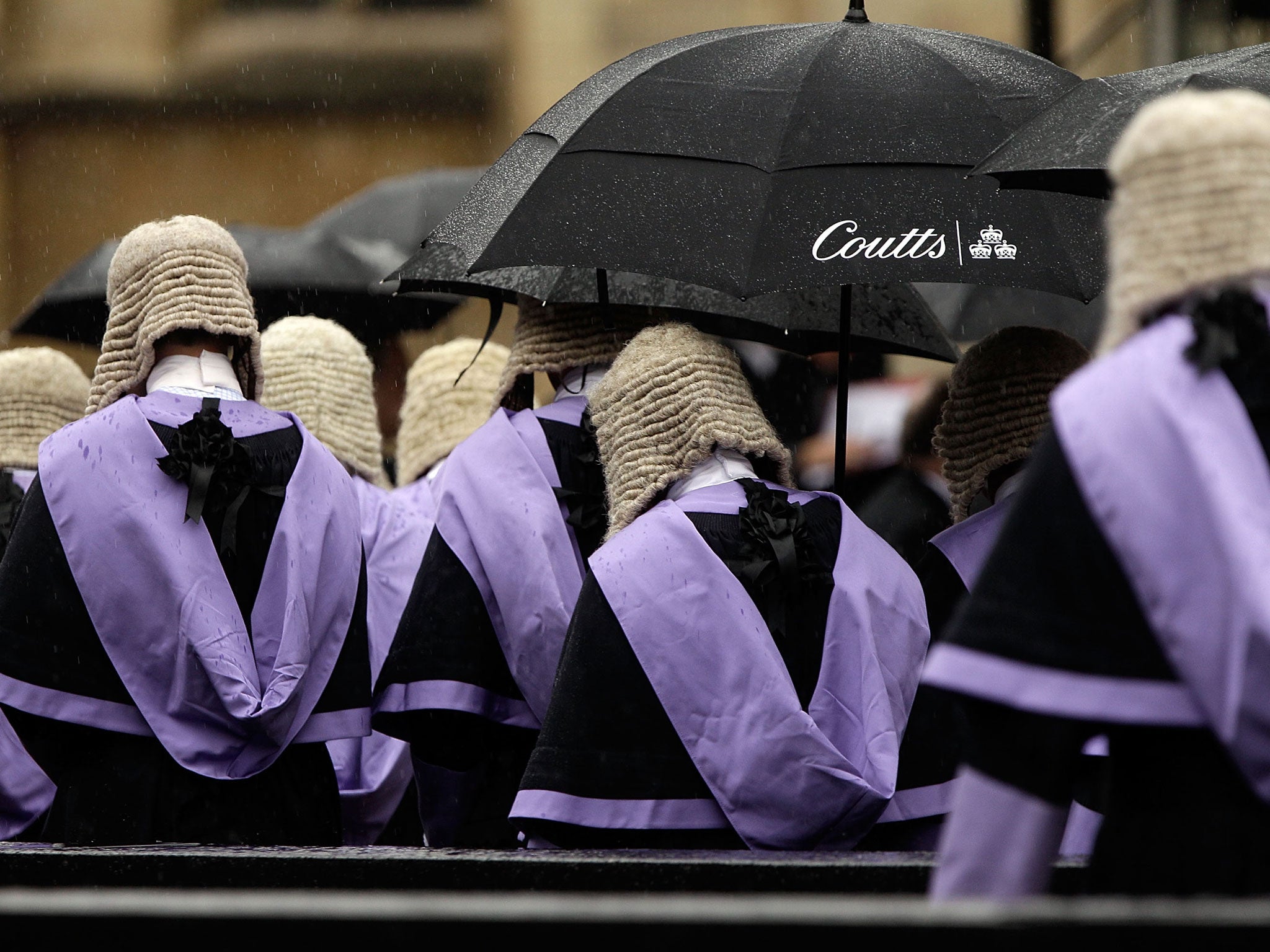Six years, three judges, £350,000 in costs to the taxpayer... and no change: Judge hits out at 'astonishing' cost of Court of Protection case
High court judge hits out at legal costs as family fights council decision for six years

Your support helps us to tell the story
From reproductive rights to climate change to Big Tech, The Independent is on the ground when the story is developing. Whether it's investigating the financials of Elon Musk's pro-Trump PAC or producing our latest documentary, 'The A Word', which shines a light on the American women fighting for reproductive rights, we know how important it is to parse out the facts from the messaging.
At such a critical moment in US history, we need reporters on the ground. Your donation allows us to keep sending journalists to speak to both sides of the story.
The Independent is trusted by Americans across the entire political spectrum. And unlike many other quality news outlets, we choose not to lock Americans out of our reporting and analysis with paywalls. We believe quality journalism should be available to everyone, paid for by those who can afford it.
Your support makes all the difference.A High Court Judge has hit out at the “astonishing” cost of a six year legal battle in the Court of Protection which ended today after all parties agreed a woman should stay in care.
The parents of a woman with severe learning difficulties originally applied to the court in 2007 because they wanted her to be cared for at home, rather than at a facility more than 80 miles away.
The local authority argued the parents’ home was not suitable and presented evidence of successive serious house fires and threats of arson as well as allegations of a family feud and criminal activity by relatives.
But last week, after pursuing a case which cost the public at least £350,000 in legal fees for three different teams of lawyers, the family backed down and accepted the local authority’s decision.
The woman, who is referred to in court documents as ‘ED’, is in her thirties and only able to communicate through sign language. She is currently being looked after in a care home by those who know sign language.
Over the course of the protracted case, which was overseen by three different judges, the family changed their position several times until eventually agreeing last week that she could be looked after in residential care after all.
There were four house fires at the family home in early 2009, the last of which caused extensive damage to the house. The police were also called by ED’s brother in January this year, claiming a gang of four men were outside holding petrol cans and shouting that they would burn the house down. Four days later a car outside the house was set on fire, though the parents say they have no idea why.
The Local Authority was not initially told about the fires, meaning they did not provide the necessary vibrating fire alarm system for ED straight away. This was part of their argument as to why the family home was unsafe for her.
Whether or not ED’s pubic hair could be removed was another point which generated lengthy legal discussions. The final judgement says her parents - who argued it was Muslim custom - are not allowed to remove her pubic hair or help her to do so. Their time with their daughter will also now be supervised by carers.
In his judgement, Mr Justice Wood said the case had cost an “astonishing” amount and generated a “great morass of paper”. The judge described how its various elements amounted to almost 2,000 pages of paperwork, including witness statements running to 740 pages.
He said: “By the time the case came before me in February 2013 (listed as a final hearing) the quantity of paper generated in this phase of the proceedings can only be described as inordinate.”
In August ED’s parents decided they no longer wanted to try and get their daughter returned home and instead sought for her to be moved to a closer care home. Then, just over a week ago the judge was informed, having already spent two days reading into the case, that the parents were prepared to agree with the local authorities wishes after all.
Mr Justice Wood said there was “no explanation for this volte-face” and that he remained “utterly baffled by the course this litigation has taken, and perplexed by this lack of clarity in their case.”
The Local Authority spent approximately £138,000 on legal costs since October 2011, while the parents’ costs amounted to £82,000, and the Official Solicitor’s ran to around £130,000.
Commenting on the costs involved in the case, Mr Justice Wood said: “This is an astonishing sum of money to spend on one case. ED, Mr. D and Mrs. D have all had their legal expenses met from public funds. Particularly when one considers the nature of the case for the parents, and that the ultimate resolution... is that the parents have, ultimately with their own “consent,” agreed to Orders which dismiss any hope of ED coming to live with them and a significant reduction in her contact to them.”
The case was heard in private in the Court of Protection, which makes major care and medical decisions on behalf of those deemed to lack mental capacity. The Independent was able to report it after lengthy applications to attend.
Join our commenting forum
Join thought-provoking conversations, follow other Independent readers and see their replies
Comments